Toys play a vital role in every child's life, from the earliest stages of infancy to their adolescent years. They are not just objects that provide entertainment and leisure, but they also hold significant educational and developmental value.
Toys stimulate creativity, aid in cognitive development, teach problem-solving skills, and encourage physical activity. They also serve as tools for learning social interaction and communication with others.
In this article, we will delve into the various reasons why toys are important for children and how they contribute to their overall growth and development.
The Importance of Play
Play is an essential part of every child's life, and toys are their tools for play. Through play, children learn about their surroundings, express their emotions and thoughts, and develop essential skills that will benefit them throughout their lives.
Toys create a sense of curiosity in children, encouraging them to explore and experiment with different objects. This kind of exploration fosters creativity and imagination, laying the foundation for critical thinking skills later on in life.
Playtime is crucial for physical development as it helps children build their motor skills and hand-eye coordination. Simple toys like building blocks or puzzles can improve a child's fine motor skills and dexterity.
Reasons Why Toys Are Important For Children
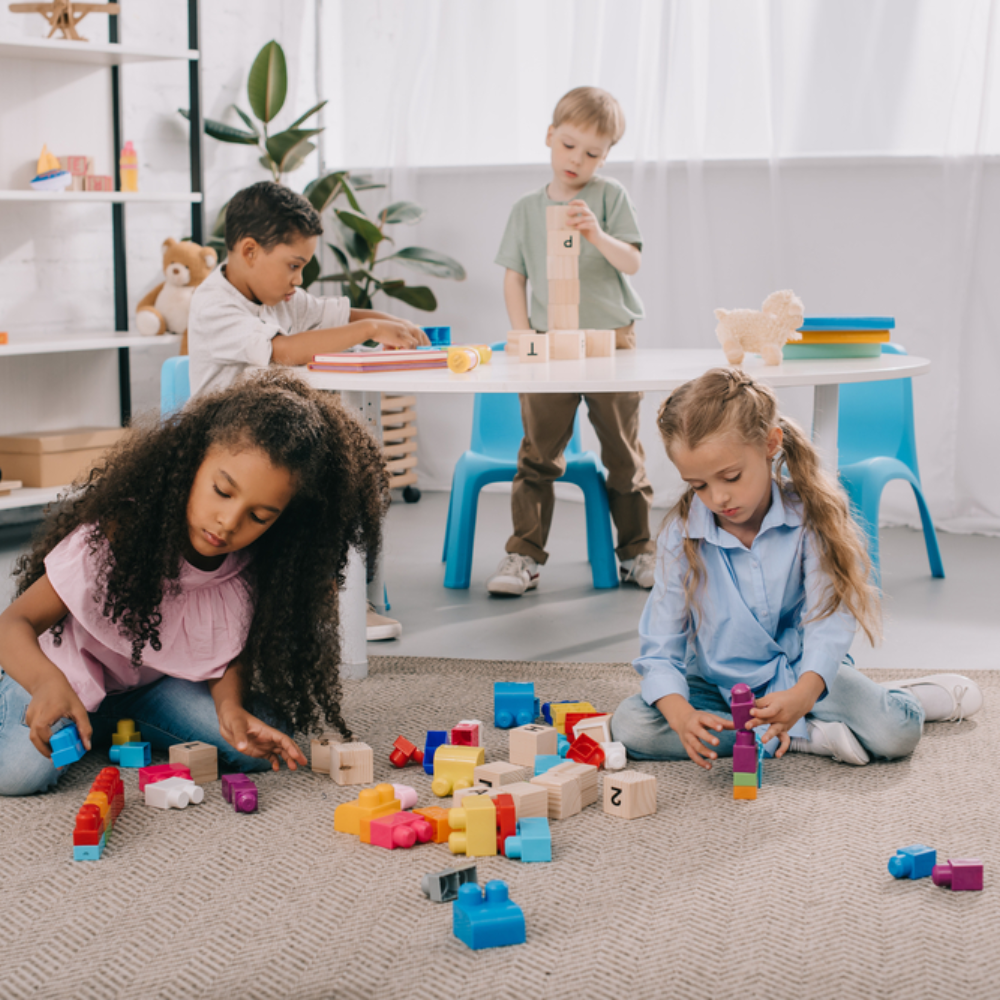
There are several reasons why toys are important for children, and we will discuss some of the most significant ones.
Educational Value
Toys play a vital role in a child's educational development. They provide opportunities for hands-on learning, allowing children to explore and understand various concepts in a fun and engaging way. Educational toys are specifically designed to stimulate cognitive skills such as problem-solving, critical thinking, and logical reasoning.
Building blocks, puzzles, and STEM-based toys, for example, promote spatial awareness, mathematical thinking, and scientific exploration.
These toys encourage children to ask questions, experiment, and make connections, fostering a love for learning from an early age. With educational toys, children can develop important skills and knowledge while enjoying playtime, creating a strong foundation for their future academic success.
Emotional Development
Toys also play a significant role in a child's emotional development. They offer a sense of security and comfort, especially during times of stress or anxiety. Toys can become a source of companionship, providing children with a safe outlet to express their emotions and feelings.
Role-playing toys like dolls and action figures allow children to act out different scenarios and explore various emotions, promoting empathy and understanding. This type of play also helps children develop coping mechanisms for real-life situations.
Additionally, toys can also serve as a source of comfort during transitions or changes in a child's life, providing them with a sense of familiarity and stability.
Social Skills
Toys also help children develop essential social skills. Playing with others through toys promotes teamwork, cooperation, and communication. Board games, for example, teach children how to take turns, follow rules, and work together towards a common goal.
Through playtime with peers using different types of toys, children learn how to interact with others effectively. They learn how to negotiate, compromise, and build relationships. These skills are crucial for developing healthy social interactions later on in life.
Plus, toys also serve as a great icebreaker for children in social settings, helping them make friends and build connections.
Physical Development
Toys are essential for physical development in children. They provide opportunities for active play that helps strengthen muscles and improve coordination and balance. Balls, tricycles, and other outdoor toys encourage physical activity, which is vital for maintaining good health.
Indoor toys like climbing structures and play tunnels also promote body awareness and gross motor skills. These types of activities help children develop strong bones, muscles, and overall physical strength.
And let's not forget the benefits of outdoor play, where children can run, jump, and explore their surroundings while getting much-needed Vitamin D from the sun.
Cognitive Development
Toys are instrumental in cognitive development as they promote learning through play. They provide opportunities for children to make connections, solve problems, and think critically. Toys that require problem-solving skills, like puzzles or building sets, help improve a child's spatial reasoning abilities and logical thinking.
Plus, toys also aid in brain development by stimulating different senses like touch, sight, and sound. This multi-sensory experience helps strengthen neural connections, promoting overall brain development.
These are just a few reasons why toys are important for children. They offer more than just entertainment; they contribute to a child's growth, development, and overall well-being. As parents, it is essential to provide our children with a variety of toys that cater to their interests and developmental needs. By doing so, we can help them reach their full potential and set the foundation for lifelong learning.
Why Choosing The Right Toy Matters
The right toy can make all the difference in a child's playtime experience. When choosing toys for children, it is essential to consider their age, interests, and developmental needs.
Age-appropriate toys ensure that they are safe for children to use and provide the right level of challenge and stimulation. For example, a puzzle meant for a 3-year-old may not be suitable or engaging enough for an 8-year-old.
It is also crucial to consider a child's interests when selecting toys. Children are more likely to engage with toys that align with their interests, making playtime more enjoyable and beneficial.
Finally, choosing toys that cater to a child's developmental needs is crucial. For example, if a child struggles with fine motor skills, providing them with toys that require precise hand movements can help strengthen those skills over time.
By carefully selecting the right toys for children, we can ensure that playtime is not only fun but also contributes to their growth and development in a meaningful way. So, it is important to choose toys that offer educational value, promote emotional development, develop social skills, aid in physical development, and stimulate cognitive abilities.
How To Choose The Right Types Of Baby Toy
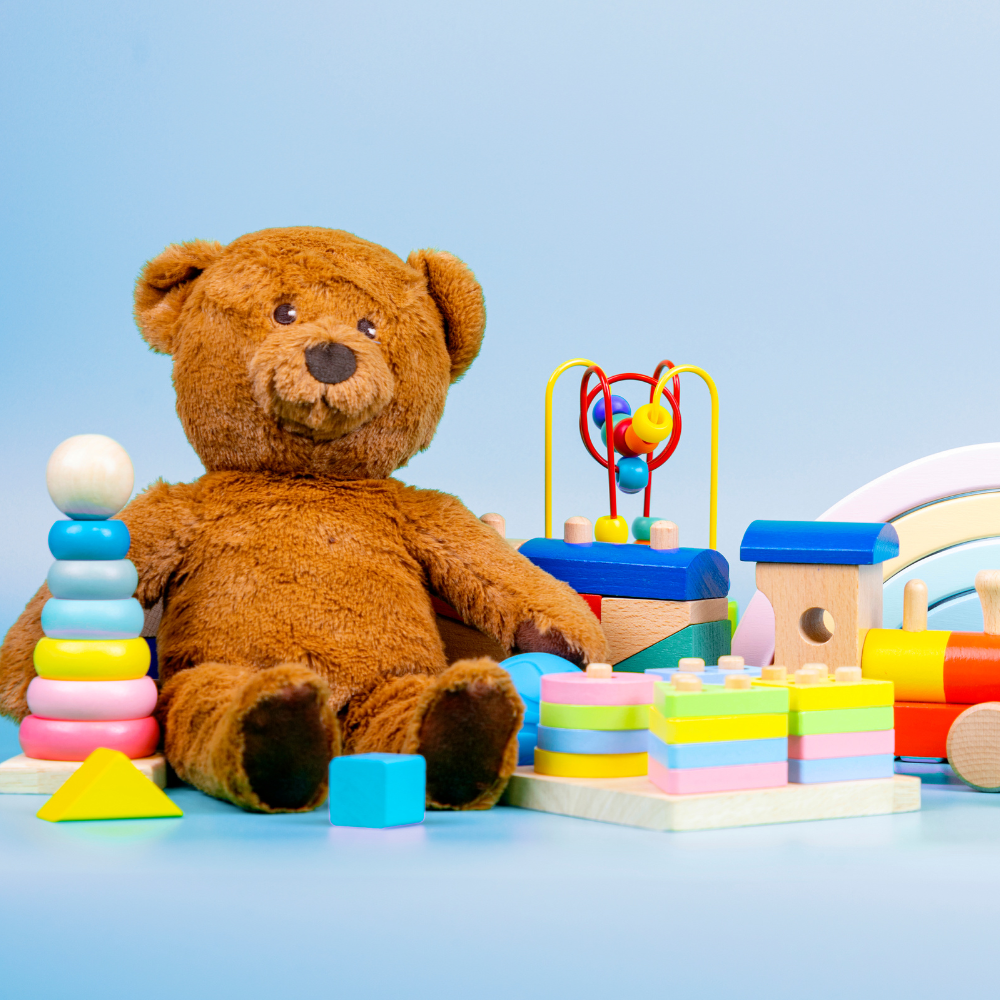
Choosing the perfect toys for your baby can feel overwhelming with so many options out there, but picking the right ones can make all the difference in their growth and happiness. Here are some must-have baby toy ideas to spark your little one’s curiosity and development:
Educational Toys
Make playtime fun and meaningful with educational toys. From puzzles and building blocks to shape sorters, these toys do more than entertain—they help your child improve hand-eye coordination, solve problems, and boost cognitive skills. Wooden options are a win-win: not only are they non-toxic and safe for little hands and mouths, but their natural feel adds an extra sensory element.
Sensory Toys
Bring your baby’s senses to life with sensory toys. Think rattles, textured blocks, or other wooden toys that help develop fine motor skills while introducing your baby to different shapes, sounds, and textures. These toys are all about exploration and discovery, keeping your little one engaged and curious.
Wooden Teething Toys
Teething can be tough, but wooden teething toys make it easier for both baby and parents. Durable, natural, and chemical-free, these toys soothe teething discomfort while standing up to plenty of chewing. Bonus: they’re safe and stylish, so you can feel good about what your baby’s putting in their mouth.
Soft Toys
Every baby needs a cuddle buddy, and soft toys are timeless favorites. Whether it’s a plush animal or a squishy pillow, soft toys provide comfort, companionship, and endless sensory play opportunities. Just make sure they’re made with baby-safe materials and are easy to clean for peace of mind.
When shopping for baby toys, remember to prioritize safety, choose age-appropriate options, and follow cleaning guidelines—especially for wooden toys. The right toys can turn playtime into a magical journey of learning and discovery, so take your time and choose wisely. Most importantly, have fun bonding with your baby as they explore the world through play!
How To Disinfect Baby Toys That Go In Mouth
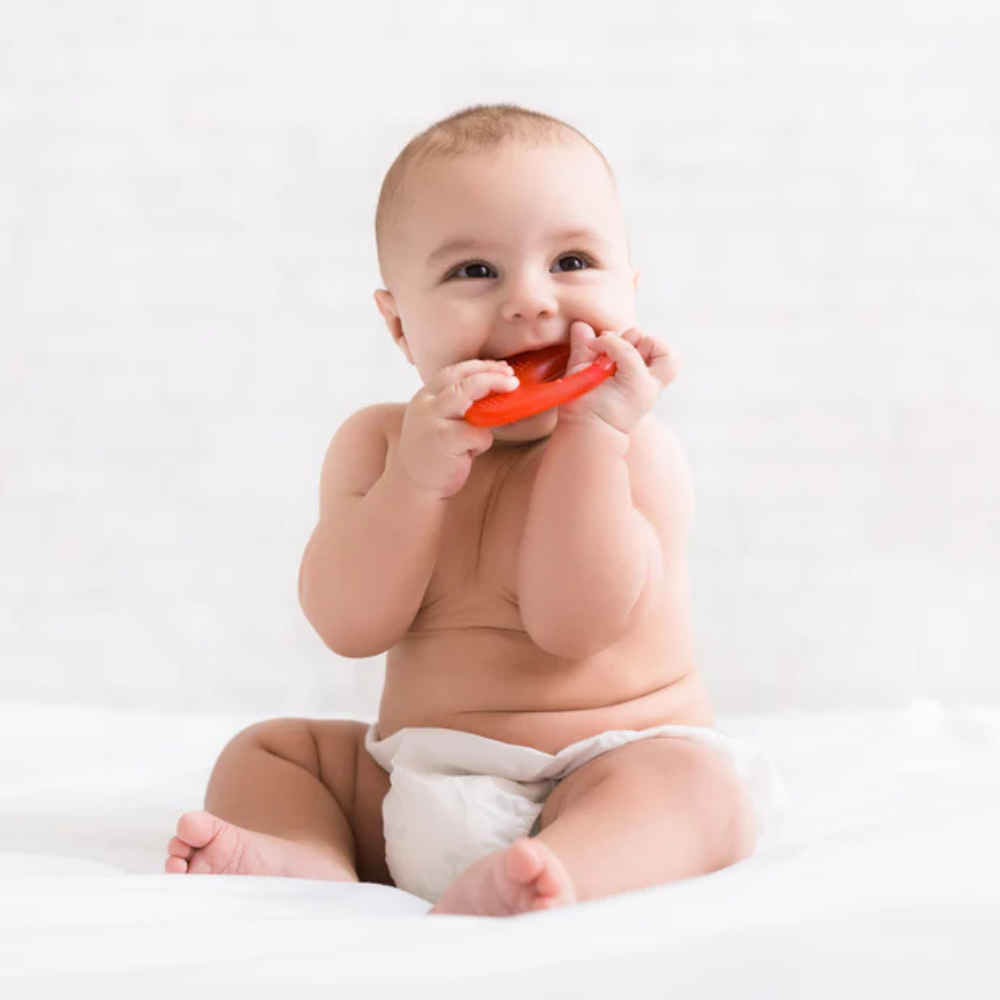
This is the ultimate question for parents: how to keep those favorite toys clean and germ-free, especially if they go in your baby’s mouth? Here are some tips on how to disinfect baby toys that will put your mind at ease:
- Start with the manufacturer’s instructions. Some toys may have specific cleaning guidelines, so make sure to follow them for the best results.
- Wash plastic and rubber toys. These can easily be cleaned with warm water, soap, and a cloth or sponge. Make sure to rinse well and air dry thoroughly before giving them back to your child.
- Soak hard plastic toys in bleach solution. For a deep clean, mix one part bleach with nine parts water in a basin or tub. Soak the toys for five minutes, then scrub them with a brush before rinsing and drying.
- Clean wooden toys carefully. Avoid submerging wooden toys in water as this can damage them. Instead, use a damp cloth with mild soap to wipe down the toy, then dry it immediately.
- Use a steamer. A handheld steam cleaner can effectively disinfect toys without using harsh chemicals. Just make sure to follow the manufacturer's instructions and only use it on toys that can withstand high temperatures.
- Sanitize plush toys in the washing machine. Check the label for washing instructions, then toss them in the washer with hot water and detergent. For extra sanitization, add some white vinegar to the rinse cycle.
Regularly cleaning and disinfecting your baby's toys is essential for keeping them safe and healthy. By following these tips, you can ensure that your child's favorite playthings are free from germs while still providing them with endless hours of fun and learning.
How Many Toys Should A Child Have?
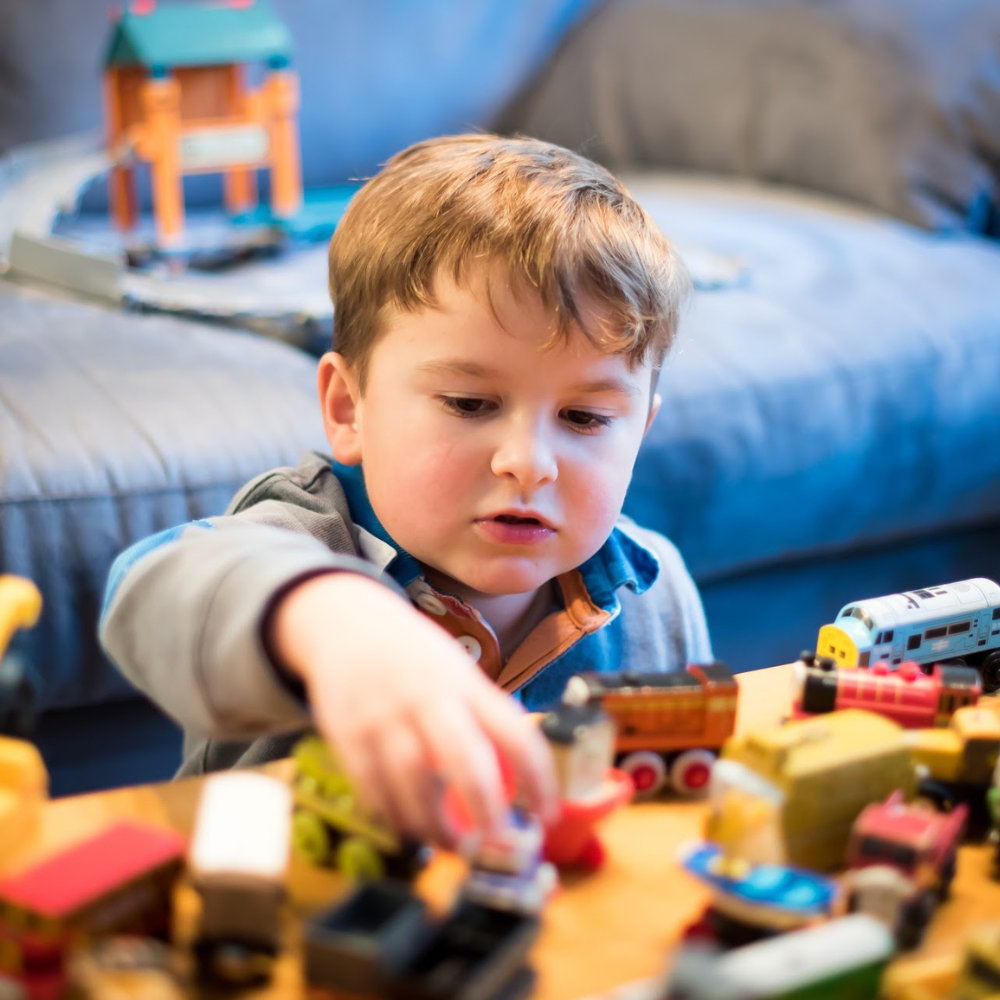
The number of toys a child should have is often a topic of debate among parents. Some may argue that more toys mean more variety and entertainment, while others believe in the concept of "less is more" to promote creativity and imagination. Ultimately, there is no right or wrong answer, as every child is different and has varying interests and needs.
Instead of focusing on the quantity of toys, it's essential to prioritize quality and purpose when choosing toys for your child. Consider their age, developmental needs, and interests when selecting what they play with.
It's also important to rotate toys regularly to keep things fresh and prevent boredom. A good rule of thumb is to have around 10-12 well-chosen toys available at a time, with a mix of educational, sensory, and open-ended options.
In the end, the most crucial factor is to foster a healthy and balanced playtime for your child. Encourage exploration and creativity by providing a variety of toys that cater to their different interests and help them develop essential skills.
FAQs
Why are toys important for child development?
Toys are essential for child development as they help improve physical, cognitive, and social skills. Fun and educational toys particularly aid in building a child's imagination and encouraging problem-solving abilities.
How do fun and educational toys benefit preschool age children?
Fun and educational toys for preschool age children support early learning by engaging a child's senses and fostering skills like hand-eye coordination and language development through play.
How does pretend play contribute to a child's imagination?
Pretend play allows children to explore different scenarios, encouraging creativity and enhancing a child's imagination. It also aids in developing social and emotional skills as children interact with others.
Why are toys beneficial for school aged children?
Toys for school aged children challenge their problem-solving skills and promote teamwork. They also encourage families to bond during playtime, creating opportunities for learning and fun together.
How can toys help children interact and develop socially?
Toys encourage children to play together, share, and cooperate. This social interaction builds essential skills, helping children interact positively with peers and adults.
Conclusion
Toys are a vital part of a child's life and play an essential role in their growth, development, and well-being. From educational toys that promote learning to those that aid in emotional development and physical activity, each type of toy serves a unique purpose.
As parents, it is crucial to provide our children with a variety of toys that cater to their interests and developmental needs. By doing so, we can help them reach their full potential and set the foundation for lifelong learning.
So, next time you're picking out a toy for your child, remember the potential impact it can have on their overall development. Choose wisely and watch as they learn, grow, and thrive through playtime.
Subscribe to our email newsletter and unlock access to members-only content and exclusive updates.
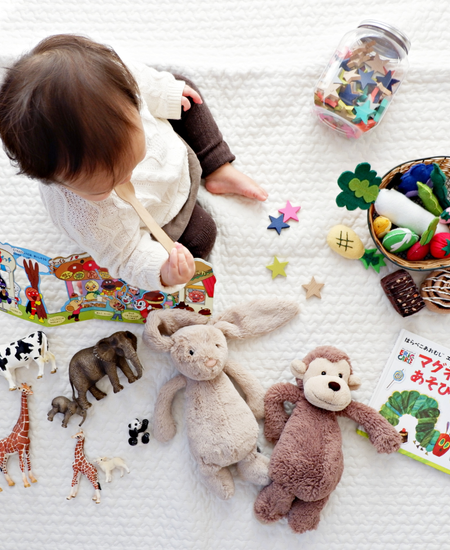
Comments